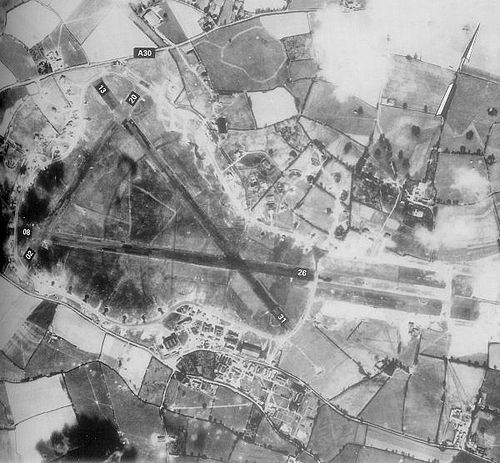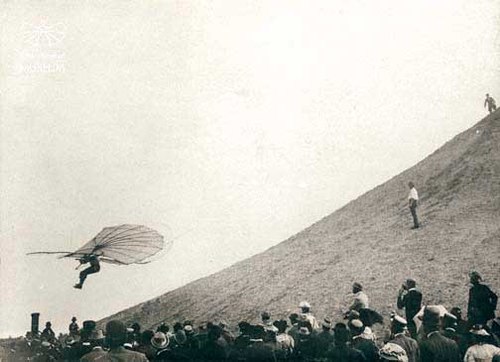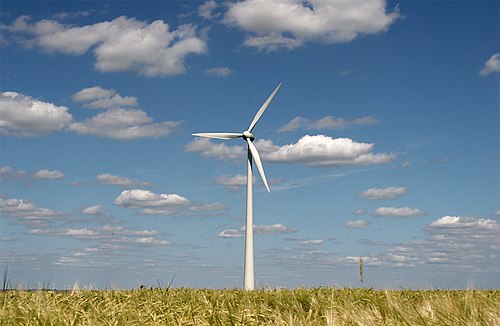Windnoun
Real or perceived movement of atmospheric air usually caused by convection or differences in air pressure.
Windnoun
Air artificially put in motion by any force or action.
Windnoun
The ability to breathe easily.
Windnoun
News of an event, especially by hearsay or gossip. (Used with catch, often in the past tense.)
Windnoun
One of the five basic elements (see Wikipedia article on the Classical elements).
Windnoun
Flatus.
Windnoun
Breath modulated by the respiratory and vocal organs, or by an instrument.
Windnoun
(music) The woodwind section of an orchestra. Occasionally also used to include the brass section.
Windnoun
A direction from which the wind may blow; a point of the compass; especially, one of the cardinal points, which are often called the "four winds".
Windnoun
Types of playing-tile in the game of mah-jongg, named after the four winds.
Windnoun
A disease of sheep, in which the intestines are distended with air, or rather affected with a violent inflammation. It occurs immediately after shearing.
Windnoun
Mere breath or talk; empty effort; idle words.
Windnoun
A bird, the dotterel.
Windnoun
The region of the solar plexus, where a blow may paralyze the diaphragm and cause temporary loss of breath or other injury.
Windnoun
The act of winding or turning; a turn; a bend; a twist.
Windverb
(transitive) To blow air through a wind instrument or horn to make a sound.
Windverb
(transitive) To cause (someone) to become breathless, often by a blow to the abdomen.
Windverb
(reflexive) To exhaust oneself to the point of being short of breath.
Windverb
(British) To turn a boat or ship around, so that the wind strikes it on the opposite side.
Windverb
(transitive) To expose to the wind; to winnow; to ventilate.
Windverb
(transitive) To perceive or follow by scent.
Windverb
(transitive) To rest (a horse, etc.) in order to allow the breath to be recovered; to breathe.
Windverb
(transitive) To turn a windmill so that its sails face into the wind.
Windverb
(transitive) To turn coils of (a cord or something similar) around something.
Windverb
(transitive) To tighten the spring of a clockwork mechanism such as that of a clock.
Windverb
To entwist; to enfold; to encircle.
Windverb
(ergative) To travel, or to cause something to travel, in a way that is not straight.
Windverb
To have complete control over; to turn and bend at one's pleasure; to vary or alter or will; to regulate; to govern.
Windverb
To introduce by insinuation; to insinuate.
Windverb
To cover or surround with something coiled about.
Windverb
To make a winding motion.
Windverb
To turn completely, or with repeated turns; especially, to turn about something fixed; to cause to form convolutions about anything; to coil; to twine; to twist; to wreathe; as, to wind thread on a spool or into a ball.
Windverb
To entwist; to infold; to encircle.
Windverb
To have complete control over; to turn and bend at one's pleasure; to vary or alter or will; to regulate; to govern.
Windverb
To introduce by insinuation; to insinuate.
Windverb
To cover or surround with something coiled about; as, to wind a rope with twine.
Windverb
To turn completely or repeatedly; to become coiled about anything; to assume a convolved or spiral form; as, vines wind round a pole.
Windverb
To have a circular course or direction; to crook; to bend; to meander; as, to wind in and out among trees.
Windverb
To go to the one side or the other; to move this way and that; to double on one's course; as, a hare pursued turns and winds.
Windverb
To expose to the wind; to winnow; to ventilate.
Windverb
To perceive or follow by the scent; to scent; to nose; as, the hounds winded the game.
Windverb
To drive hard, or force to violent exertion, as a horse, so as to render scant of wind; to put out of breath.
Windverb
To blow; to sound by blowing; esp., to sound with prolonged and mutually involved notes.
Windnoun
The act of winding or turning; a turn; a bend; a twist; a winding.
Windnoun
Air naturally in motion with any degree of velocity; a current of air.
Windnoun
Air artificially put in motion by any force or action; as, the wind of a cannon ball; the wind of a bellows.
Windnoun
Breath modulated by the respiratory and vocal organs, or by an instrument.
Windnoun
Power of respiration; breath.
Windnoun
Air or gas generated in the stomach or bowels; flatulence; as, to be troubled with wind.
Windnoun
Air impregnated with an odor or scent.
Windnoun
A direction from which the wind may blow; a point of the compass; especially, one of the cardinal points, which are often called the four winds.
Windnoun
A disease of sheep, in which the intestines are distended with air, or rather affected with a violent inflammation. It occurs immediately after shearing.
Windnoun
Mere breath or talk; empty effort; idle words.
Windnoun
The dotterel.
Windnoun
The region of the pit of the stomach, where a blow may paralyze the diaphragm and cause temporary loss of breath or other injury; the mark.
Windnoun
air moving (sometimes with considerable force) from an area of high pressure to an area of low pressure;
Windnoun
a tendency or force that influences events;
Windnoun
breath;
Windnoun
empty rhetoric or insincere or exaggerated talk;
Windnoun
an indication of potential opportunity;
Windnoun
a musical instrument in which the sound is produced by an enclosed column of air that is moved by the breath
Windnoun
a reflex that expels intestinal gas through the anus
Windnoun
the act of winding or twisting;
Windverb
to move or cause to move in a sinuous, spiral, or circular course;
Windverb
extend in curves and turns;
Windverb
wrap or coil around;
Windverb
catch the scent of; get wind of;
Windverb
coil the spring of (some mechanical device) by turning a stem;
Windverb
form into a wreath
Windverb
raise or haul up with or as if with mechanical help;
Wind
Wind is the natural movement of air or other gases relative to a planet's surface. Wind occurs on a range of scales, from thunderstorm flows lasting tens of minutes, to local breezes generated by heating of land surfaces and lasting a few hours, to global winds resulting from the difference in absorption of solar energy between the climate zones on Earth.
Breezenoun
A light, gentle wind.
Breezenoun
(figurative) Any activity that is easy, not testing or difficult.
Breezenoun
(cricket) Wind blowing across a cricket match, whatever its strength.
Breezenoun
Ashes and residue of coal or charcoal, usually from a furnace. See Wikipedia article on Clinker.
Breezenoun
An excited or ruffled state of feeling; a flurry of excitement; a disturbance; a quarrel.
Breezenoun
A brief workout for a racehorse.
Breezenoun
A gadfly; a horsefly; a strong-bodied dipterous insect of the family Tabanidae.
Breezeverb
To move casually, in a carefree manner.
Breezeverb
(weather) To blow gently.
Breezeverb
To take a horse under a light run in order to understand the running characteristics of the horse and to observe it while under motion.
Breezeverb
(intransitive) To buzz.
Breezenoun
A fly of various species, of the family Tabanidæ, noted for buzzing about animals, and tormenting them by sucking their blood; - called also horsefly, and gadfly. They are among the largest of two-winged or dipterous insects. The name is also given to different species of botflies.
Breezenoun
A light, gentle wind; a fresh, soft-blowing wind.
Breezenoun
An excited or ruffed state of feeling; a flurry of excitement; a disturbance; a quarrel; as, the discovery produced a breeze.
Breezenoun
Refuse left in the process of making coke or burning charcoal.
Breezenoun
Refuse coal, coal ashes, and cinders, used in the burning of bricks.
Breezeverb
To blow gently.
Breezenoun
a slight wind (usually refreshing);
Breezenoun
any undertaking that is easy to do;
Breezeverb
blow gently and lightly;
Breezeverb
to proceed quickly and easily























